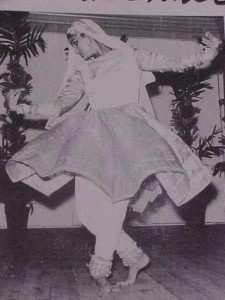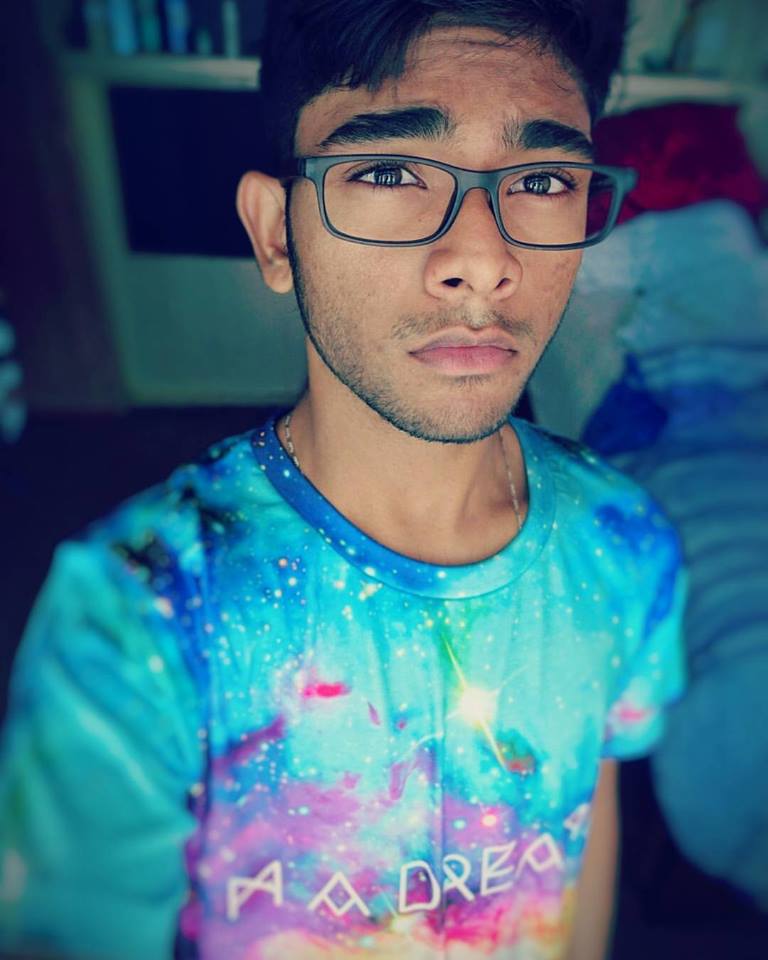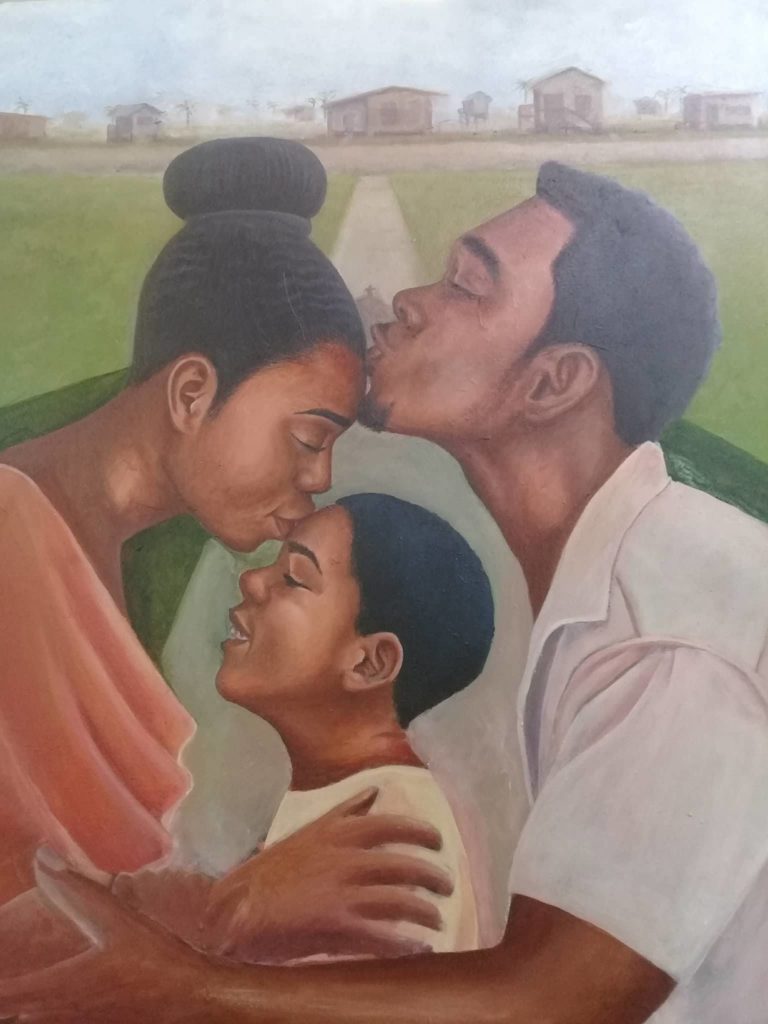Overseas-based Guyanese Deviekha Chetram is a celebrated Indian classical dancer and dance instructor. With more than 30 years experience teaching classical Indian dance, she is regarded as an international pioneer of her art form.
The youngest of 14 children, Deviekha was born May 24, 1957 and lived in Alexander Village on the East Bank Demerara. Her father, known as ‘Uncle Gully’, was an overseer for the Ruimveldt Sugar Estate. Her mother, affectionately called ‘Aunty Radhay’, was a businesswoman.
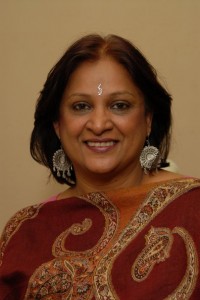
The dancer comes from a very artistic family: both her parents loved to sing, and her mother played the harmonium and sang bhajans (Hindu hymns) and kirtans (chanting of hymns or mantras) at temples. Her parents instilled a very strong value for Indian culture in all their children.
The family home was a wonderful staging ground for the children’s achievements in the field of Indian culture, music and dance. Deviekha’s eldest sister, Indra, was married to the late Pandit Reepu Daman Persaud, and has focused on promoting Indian culture through the work of the Guyana Hindu Dharmic Sabha. Her sister Geeta is an accomplished Odissi dancer and teacher of Indian classical dance. Her brother Onkar was an accomplished tabla player, sitarist, teacher of Indian classical music and philanthropist. Her brother Vickram is an excellent tabla player. Sister Looma is a reputable singer of bhajans and kirtans. Although not having formal training, her sister Ronica is very talented and plays the dholak, harmonium and keyboard and is involved in promoting Indian culture in Tampa, Florida.
Deviekha and several members of her family were very much involved in cultural presentations in Guyana such as those held at the Maha Sabha, Gandhi Youth, and the Dharmic Sabha, until they migrated overseas.
The classical dancer developed a love and passion for dance from her early years. Since the tender age of 6, she has performed at various Diwali and Phagwah concerts at the temple in her village. Later, she received formal training at the Indian Cultural Centre where she studied Kathak under the tutelage of Guru Pratap Pawar and the late Pandit Durgalall, whom she accompanied in several dance performances and concerts.
“In Guyana I was a dancer, and many people who knew me would appreciate the work I did. When I came to Canada, the people whom I associated with encouraged me to continue dancing, and to teach other kids; that is how I started,” she recalled to Guyana Times Sunday Magazine.
When she migrated to Canada in 1979, she felt there was a void. Even though there were religious organisations, there was not much happening for dance and music. Responding to numerous requests, she started performing and teaching dances for local charitable and religious organisations. One of her first performances was for the Vishnu Mandir at the first Diwali dinner held at the Royal York Hotel in Toronto in 1979.
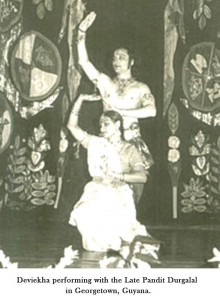
Her relentless efforts to impart her knowledge of the art of Indian dance led to the founding of her dance company. The Tarana Dance School has been in existence since 1989, and now celebrates years of success in dance, culture and community involvement.
Deviekha and her sister, Geeta Leo, were the first West Indians to establish a teaching institution for Indian dance in Canada. It was as a way of preserving their cultural heritage and at the same time impart their knowledge to the younger generation. While Deviekha taught Kathak and Geeta taught Odissi, two major classical dance forms of India, they both had Bollywood and Indian folk dances in their repertoire. They combined their time and talent to produce their first concert in 1989 at the Ontario Science Centre. Together, these two sisters produced many successful shows; their students performed for various religious and cultural events, and Tarana Dance School/Company became known as a dance school with a “Touch of Class”.
